It started with weakness and pain when walking. Then Jacqueline Shapiro had a deep lesion on her leg before she broke it, oddly, and doctors struggled to set it. The pain medications caused her to have bad reactions and her energy waned. Eventually doctors learned that the 85-year-old had lymphoma. She underwent three grueling months of surgery, radiation and chemotherapy, but it only left her exhausted and feeling worse.
“It can cause delusions and a sort of psychosis. And it just was horrible, just horrible. And it was really hard for her to get her pain stabilized,” Margaret Handley, her daughter who is an epidemiologist living in the San Fransisco Bay area, told TODAY. “If you looked at those episodes medically, they were going well, but it was just part of an escalating discomfort for her. She increasingly felt like ‘I don't think this is a good place for me to be.’”
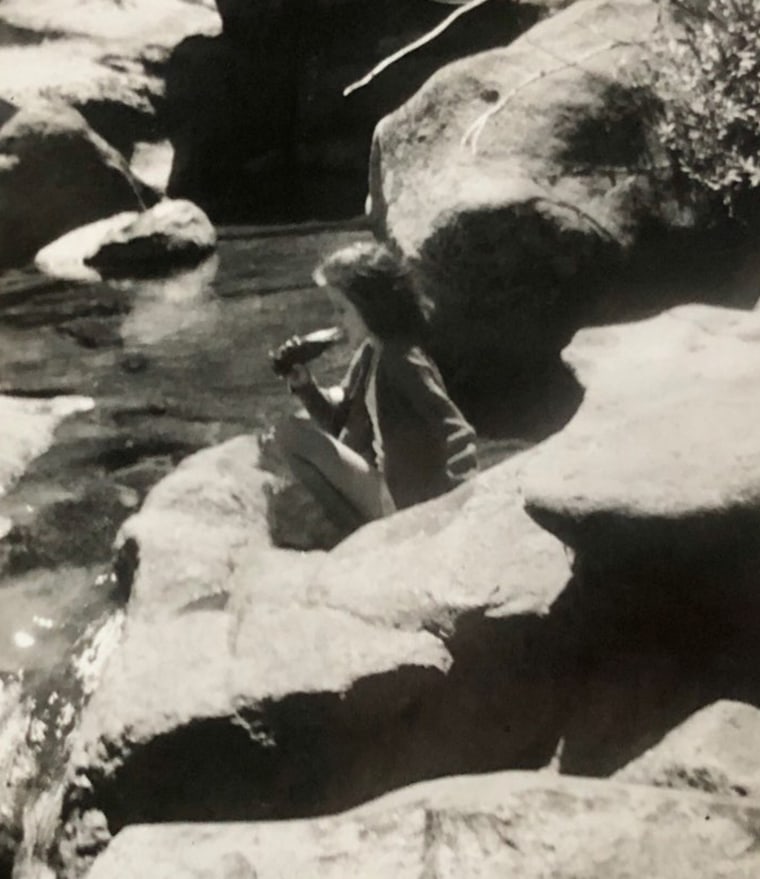
Shapiro worried about spending the rest of her life undergoing painful treatments that might not even cure her cancer.
“She didn’t want to be lying there dwindling while people take care of her,” Handley said.
When a palliative care doctor visited Shapiro to discuss her pain, they started talking about California’s End of Life Act. People with terminal illnesses, who meet a certain criteria, can request drugs to aid dying, according to the California Department of Public Health. Similar legislation exists in eight other states. Compassion & Choices, a nonprofit working to improve patient rights and individual choice at the end of life, recently reported that Brittany Maynard's advocacy of "death with dignity" inspired the passage of medical aid dying laws in Washington, D.C, Colorado, Hawaii, New Jersey and Maine.
Shapiro met those requirements. Hearing about the option of medically assisted death seemed to lessen her burden.
Handley shared more about her mother’s death in an article in the Annals of Family Medicine.
“She told me right away after the doctor left, ‘That’s what I’m going to do — physician-assisted dying. I don’t want to compete with this disease — that’s not what I want to do with the rest of my life,’” she wrote. “I sat with her and my sadness and then, over the next few days, we set upon the logistics to put her right-to-choose into motion."
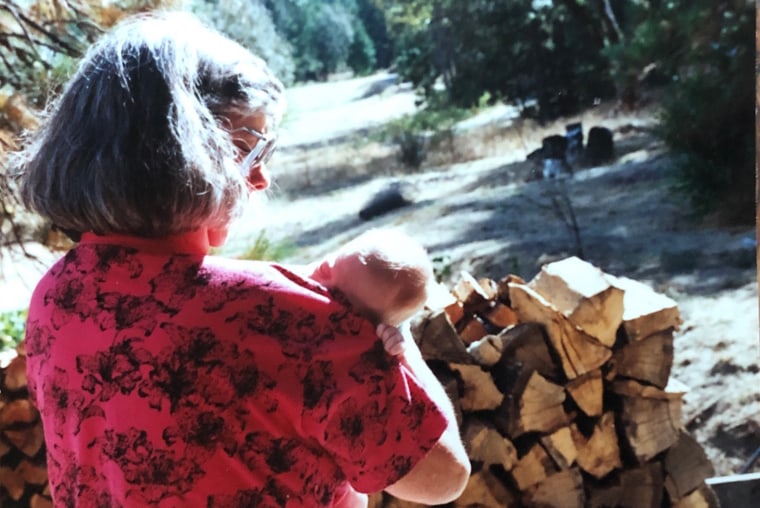
While her oncologist thought there was a possibility that the cancer could go into remission, Shapiro wasn’t sure if she could endure more treatment. Then she spoke with a doctor from the physician-assisted dying group, who described how the process works. He noted that many people request the drugs but don’t ultimately go through with it. Handley felt impressed by how all three doctors acted when advising her mother.
“I don’t think that (the doctors’ input) affected her decision,” Handley said. “But it was also much better that she heard them and witnessed them doing their work and felt like she was part of the narrative, not outside of it.”
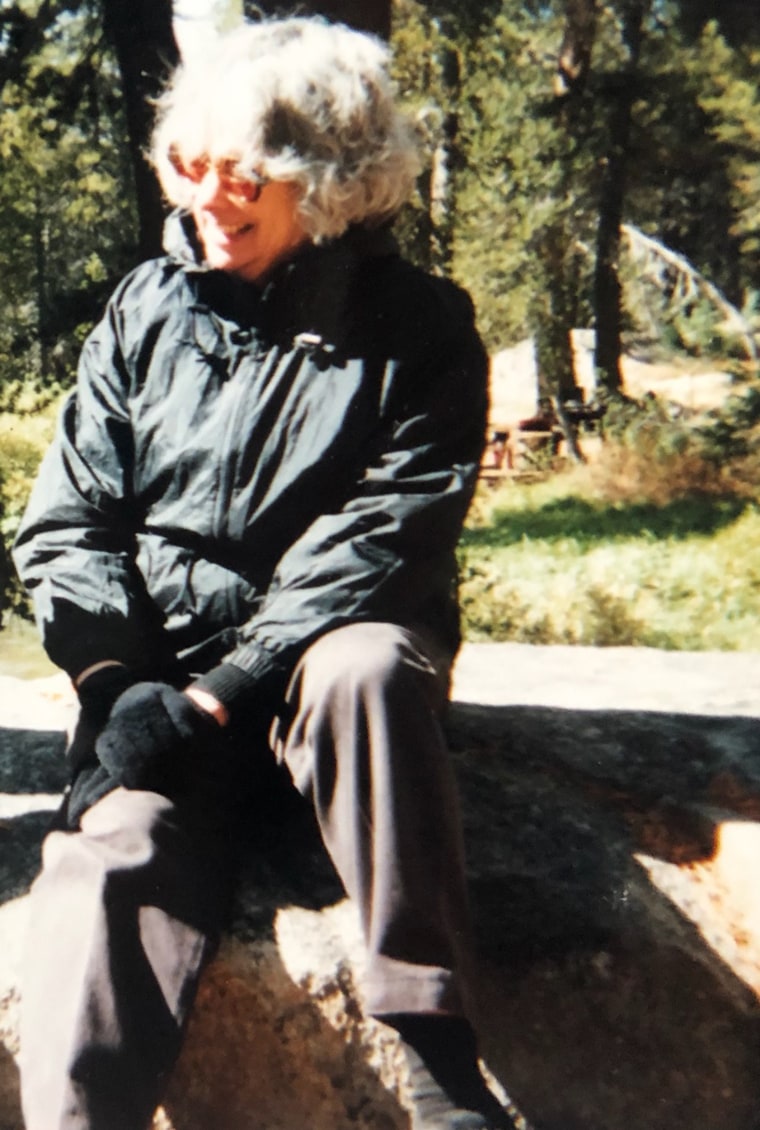
Shapiro loved nature and the forest. As a young woman, she spent her summers at Yosemite and lived in the Sierra Nevada mountains until age made a remote living situation a little tougher. She had a garden with plants from the forest and an ornery cat name, Darcy, named after Mr. Darcy from “Pride and Prejudice.” While she was sick, she worried about his well-being. Making the decision for physician-assisted death put her mind at ease about what would happen to her pet, her plants and her life. This allowed Shapiro to say goodbye to her family the way she wanted, watching nature shows and cat videos, enjoying one another’s company.
“We were lucky to know it was coming and to be able to say let’s have these moments together,” Handley said.
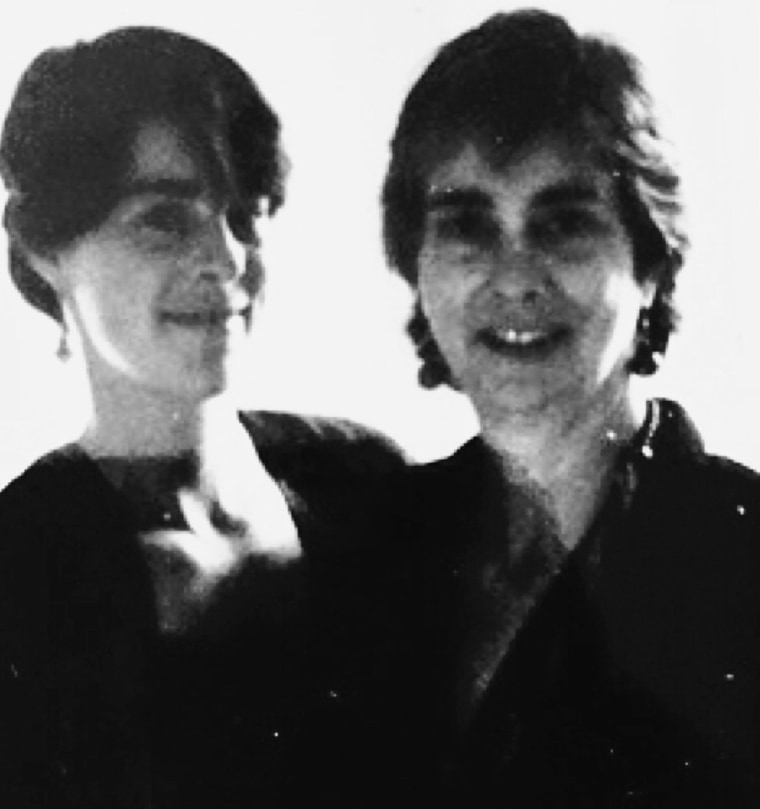
Handley and her brother sat with their mother, with Darcy on her lap. As Handley read the poem, “Evening” by Rainer Maria Rilke, her mom passed away.
“It was a really powerful experience to be able to sit with someone who is making this choice,” Handley said. “That was a good experience for us to share.”
Handley said she wrote the essay because she felt there were so few personal stories about what physician-assisted death is really like. She also hoped that by sharing the experience her three children would also better understand her mom’s choice and experience.
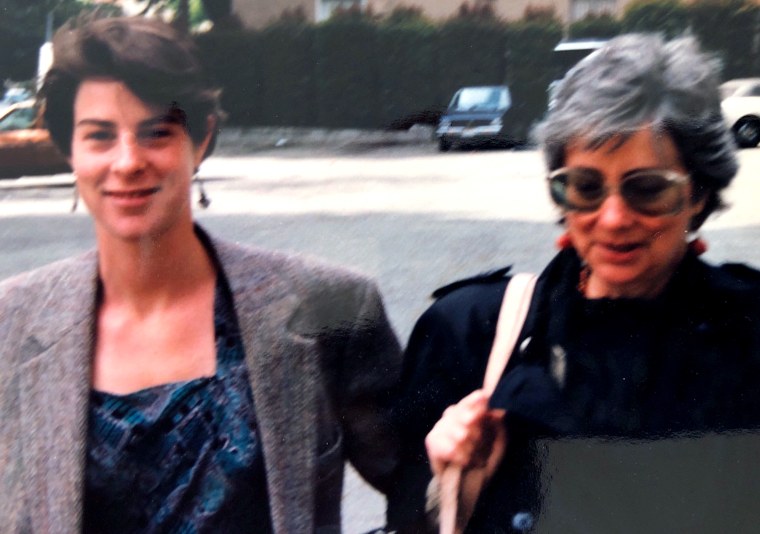
“I wanted to write down what happened with my mom's decision-making so that they would understand,” she said. “I thought this was just adding a little more real personal experience of what (physician-assisted death) looks like in one given situation.”